#seventies movies
Explore tagged Tumblr posts
Text
Hair (1979) Soundtrack Personal Ranking
I have fallen in LOVE with this musical; particularly the movie version. It encapsulates its message of peace and love in the time of war very well in my opinion. Since I'm also a freak for numbered lists, I've decided to rank the songs from my least to most favorite. Even my least favorite songs make me bob my head a little. This is a very groovy movie and everybody should watch it a least once. I'm going to be ranking these songs based on sound and meaning alone, rather than including the filmography of the scenes that go along with them, just to make things a bit fairer.
19. Hashish - This is less of a song and more of a chanting of the names of different drugs. The walking bassline and lackadaisical percussion are reminiscent of the effects of depressant drugs, which is pretty cool.
18. LBJ/Initials - This is a pretty short song, and I don’t have much to say about it. It doesn’t have many lyrics. I don’t care to know much about history, but evidently LBJ did become a hippy of sorts, which is interesting.
17. Sodomy - Whenever I hear this song, I always imagine two things: one, the faces of the audiences hearing this on stage for the first time were probably hilarious, and two, someone who doesn’t speak English probably thinks this song is beautiful and pure. The main vocals provided are really pretty, and the same goes for the instrumentation and background vocals. However, the lyrics are rather shocking. Woof literally just says the most heinous sexual words he can think of, and then questions why they evoke such disgust in people. In his opinion, which reflects the opinions of many hippies during this time, these words represent joy and good feelings among humans, so he doesn’t understand why so many people call them “dirty.” Although, I’m not sure why pederasty is included in this song. The relationships that word represents truly ARE nasty…
16. Colored Spade - So. I’m white. I couldn’t nor would I ever want to sing the lyrics to this song, considering they literally just consist of every black slur under the sun. However, they are sung by black people, along with stereotypes associated with their race. It is genuinely a progressive song if you look at it a certain way, considering they are diminishing the importance of these words that have been used derogatorily against them. Additionally, Dorsey Wright’s voice here is fantastic. He sounds like a young Louis Armstrong in some parts, and he was just out of high school! I can fully understand how some people might feel uncomfortable with this song- I definitely do- but I think that’s the point. These words have been used to make black people uncomfortable for so many years, so by reclaiming them and using them satirically, the black folks in this song make everyone else feel uncomfortable for using them.
15. 3-5-0-0 - This is a really impactful protest song. I wouldn’t put it on my playlists or anything, but I can’t say it doesn’t hold a lot of meaning.
14. Electric Blues - This song is really interesting. It’s fully rebellious, and the fusion of R&B, rock, and jazz is just so, well, groovy! The bass and keyboard really shine in this song. If I were at a gathering in central park and this song was being performed, I’d be losing all my inhibitions and vibing with the crowd.
13. Good Morning Starshine - This one makes me want to ride down a highway in a roofless car with my homies. Although, I’d probably be sputtering and moving my hair out of my face the whole time. Still a cute song nonetheless. Also, Johnny Depp Willy Wonka reference! Yay!
12. Black Boys/White Boys - I don’t know what to make of this song. It makes me giggle. Especially with how they have the militia men also singing it in the movie. I think that’s supposed to represent how strange it was that men had to be examined by other men to be deemed worthy to fight. It was a similar process to how some women would choose men to sleep with. This song might offend modern viewers, but it was once again progressive for the time. Bi-racial couples weren’t quite accepted by society, so mixed races lusting over each other was about as radical as it got.
11. Walking in Space - This song is quite the trip. I really like the soloist. I won’t go into an analysis of this song, as it’s so packed with metaphors that I fear it would take me all day, but the footnotes are basically that hippies saw drugs as beautiful, and they didn’t understand why someone would want to end this beauty for others, and they were very, very anti-war. I rather like the verse “To keep us under foot/They bury us in soot/Pretending it’s a chore/To ship us off to war.”
10. Donna - I spent some time not understanding what this song was about. I found a small analysis online that suggested “Donna,” being a teenager and a virgin, represents the virgin Mary, and rather than looking for an actual young girl to corrupt, Berger is searching for salvation through his actions. This spiritual theme is present in many lines of the song. “I’m evolving through the drugs that you put down” seems to represent how Berger and many others feel closer to God when they are intoxicated. I really like this reading of the song; it makes it much easier to listen to. I’ll admit, I was a bit put off by “16-year-old virgin,” so I was just convincing myself it was okay because it was from a very different time, but thinking of the song this way makes me enjoy it a lot more. It’s a very upbeat and catchy tune. Also, Treat Williams really shows his range here!
9. Hare Krishna - Many hippies believed that chanting this phrase (and also ‘Hare Rama’) would have a direct impact on the soul, as it called upon pleasure and divine femininity. They chant other words with the same phrasing and melody, such as marijuana. This represents how they saw the use of drugs as a spiritual joy that brought pleasure and happiness to the user. It’s a really pretty song.
8. Manchester, England - This song is so much fun! You can tell Claude and Berger really enjoy each others’ presence. A lot of people don’t know what the fuck these lyrics mean, but here’s how I see it: the title itself is sort of a double-meaning. On one hand, Claude comes from a small town in Oklahoma, which is so different from NYC that it might as well be another country. On the other hand, at this point in the film, Claude is tripping balls. Get it? He’s on a trip? Anyway, I really love this song. Some of the references date it a bit, but it was representative of the time. Sometimes I just sing “MANCHESTER, ENGLAND, ENGLAND” for absolutely no reason. Treat Williams really lives up to his name, and John Savage is adorable.
7. Hair - This song is super delightful. It shows how and why the hippies valued their hair so much: it was a symbol of their freedom, like their own flag. The military and social sensibilities told them to cut their hair, which they saw as oppression. They also sing about how their lifestyles and appearances reflected that of Jesus, who the American military sent them out to fight for. In the opinions of the hippies, Jesus would have agreed with their own lifestyles rather than the lives of those fighting in the war. According to nearly everything the Bible says, this is true. “My hair like Jesus wore it, Hallelujah, I adore it, Hallelujah, Mary loved her son, why don’t my mother love me…”
6. Aquarius - Due to the popularization of this song thanks to The Fifth Dimension band, this is probably the most well-known song from “Hair.” It’s the first song in the movie, and the bass and drums work to get the audience relaxed and excited for what they’re about to see. When the brass comes in, it helps to set the tone of the song, which is optimistic and warm. Then, of course, there is the solo vocalist. Her name is Ren Woods, and her voice is absolutely stunning. She was apparently only 19 when she sang this, and yet her voice sounds at least 30. I’m a sucker for mature voices that emphasize vowels and rhythmic intonation. The lyrics of this song may seem confusing at first to people who don’t know anything about astrology (I’m talking about myself here), but the main message of the song is about the sexual freedom movement that was occuring in the sixties. Despite the name, this movement was about much more than sex. It was about connection, love for one’s neighbors, mutual understanding, and empathy, among other ideas. From what I’ve learned, the ages of the zodiac signs last thousands of years each, and it was said that during the sixties, the Age of Aquarius would begin. This age was meant to bring a sense of peace and harmony to the world, and the hippies/flower children believed their own morals to be in line with this new age.
5. I’m Black/Ain’t got No - The beginning of this song is so addictive, both instrumentally and vocally. These men proclaim their skin color with self-confidence and joy, and then Claude sings his bit about being invisible. I feel that Claude should have had more characterization in this movie, so I really like that part in particular. Then “Ain’t got No” starts, and I seriously can’t express how much I love this song. It’s almost tear-jerking in how passionate it is; the vocalists here really felt what they were singing (especially Kurt Yaghjian, who was also Annas in JCS 73)!! The hippies sing what they’re constantly told by higher class citizens: that they are lacking, dirty, and worthless. However, they intersperse these comments with what they’re grateful for not having, such as attachments to material possessions that strip them of their individuality. It’s amazing how a song with not much variation in its lyrics and phrasing can be so impactful. I could go on and on about it.
4. Easy to be Hard - This particular rendition of the song, of all the versions I’ve heard, is my favorite. The soloist here has the most incredible voice, and the key fits her very well. The lyrics mean a lot to me in the context of the movie as well. While the movement the hippies were starting and going along with was morally admirable, the kindness and love they impressed onto the less fortunate did not always translate to their personal lives. Hud abandoned his fiancee and child and verbally abused the former in public. While he may be socially progressive, he was still upholding harmful patriarchal standards in his own life because they benefited him. (I still wish he received more on-screen comeuppance for this, but it is implied that Berger and the gang made him apologize).
3. Flesh Failures/Let the Sunshine In - Aaaaand this is where the tears begin to flow. Seriously, the entire time this song was playing in the movie I was just sobbing. It’ll probably be my next lyrical analysis. I think this is probably the most impactful moment in the film because of this song. Berger reprising “Manchester, England” broke my heart in two.
2. I got Life - This song makes me want to jump on a table and sing at the top of my lungs. Of course, I would never do that, what with my following of social norms and safety, but George Berger had no such inhibitions. He is just mesmerizing here, and that is thanks to the spectacular acting of Treat Williams. Just like “Ain’t got No,” this song repeats very similar phrases over and over again, and yet it is one of my favorites in the whole musical. This song almost feels like a sister song to the former; instead of singing about what he lacks, Beger sings about what he has, and with just as much, if not more, joy. “I got my ass!” Yes you do, Berger! Go off king!!
1. Where do I Go - I was really debating whether to put “I got Life” or this first. But then I realized I spent almost two hours making a lyrical analysis of this song last night (stay tuned for that post >:)) and decided, yeah, this is probably my favorite. The instrumentation at the beginning is so… just… I don’t even have the words to describe it. Just know that movies about young people dying in wars they didn’t start hit me in a really personal way somehow. I’ll go into more detail in my analysis post.
I know my blog is mostly about Jesus Christ Superstar, which still ranks above this movie for me. However, I was completely entranced by the music of this film, and since seeing it I have felt the intense need to analyze its lyrics and musicality. If you like JCS and haven't seen this movie, I sincerely suggest checking it out.
#hair musical#hair 1979#hair#musicals#song ranking#ranking#seventies movies#sixties music#milos forman#age of aquarius#text post#text
25 notes
·
View notes
Text

Shelley Duvall, 1970s
#shelley duvall#girlblogging#lana del rey#vintage aesthetic#vintage fashion#jane birkin#lana del rey aesthetic#this is a girlblog#marilyn monroe#1970s movies#1970s#1970s fashion#1970s music#1970s history#seventies#70s style#70s fashion#70s aesthetic#70s#70s movies#70s music#1970s aesthetic#1970s style#this is what makes us girls#coquette aesthetic#classic coquette#coquette#rockstar gf#groupies#vintage
8K notes
·
View notes
Text

Anthony Daniels on the set of Star Wars (1976)
#anthony daniels#star wars#star wars behind the scenes#c-3po#see-threepio#episode iv#70s sci-fi#70s movies#seventies#1976#1977
3K notes
·
View notes
Text











she's literally a queen, don't @ me
#the rescuers#classic disney#classic film#geraldine page#madame medusa#medusa#70s animation#70s movies#filmedit#filmgifs#disneyedit#disney movies#moviegifs#animationsource#animation#disney#1970s#1970s movies#seventies
3K notes
·
View notes
Text
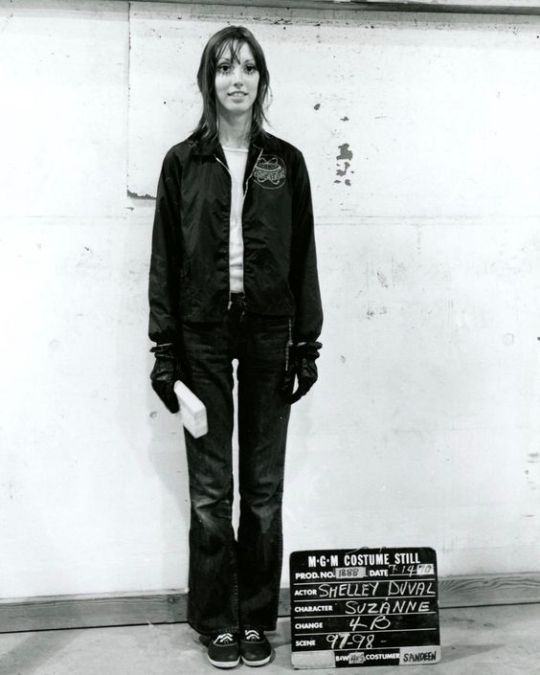
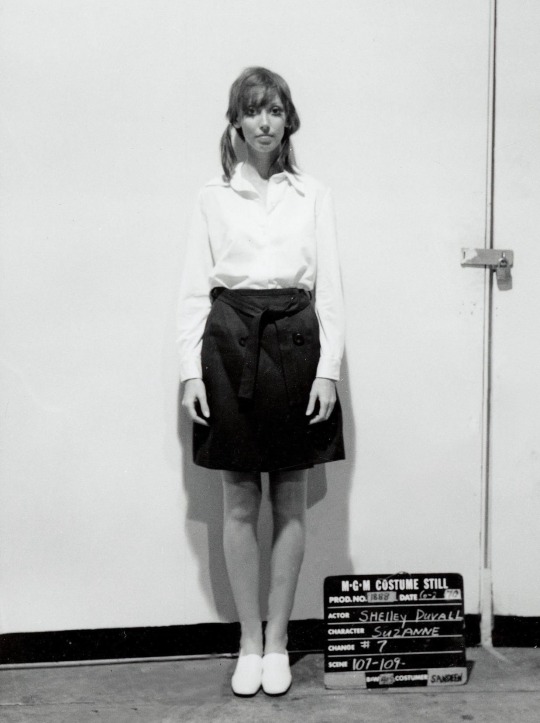
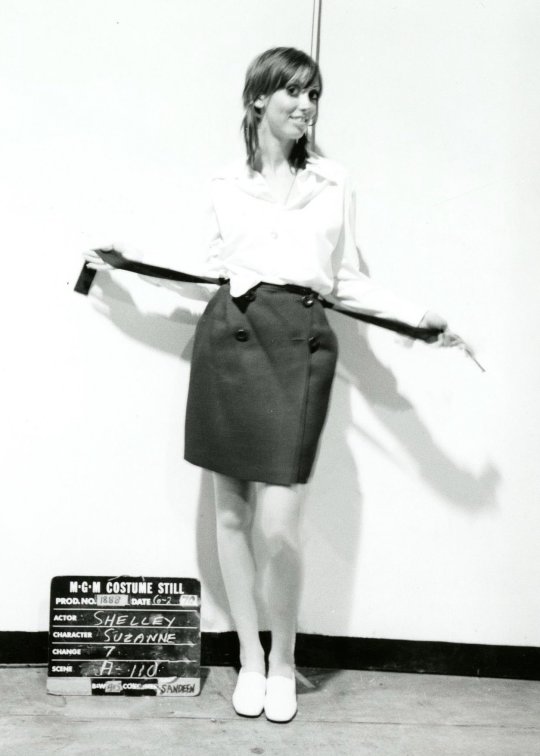
Shelley Duvall posing for a costume fitting for "Brewster McCloud", June 1970 ♡ Unknown photographer
#vintage#costume#shelley duvall#brewster mccloud#movies#movie#film#actress#celebrity#celeb#rest in peace#70s#1970s#seventies#fashion#aesthetic#girlblogging#photography#girly#pretty#beauty#the shining#3 women#outfits#vintage photography#retro#vintage fashion#70s fashion#70s style#70s aesthetic
928 notes
·
View notes
Text




Sophia Loren at JFK Airport, 1971
#actors#vintage#old hollywood#black and white#sophia loren#70s movies#70s style#70s fashion#70s#1971#seventies#italian cinema#old hollywood actors#70s nostalgia#b&w#b&w aesthetic#b&w photography
451 notes
·
View notes
Text


‘Love Story’ (1970) dir. Arthur Hiller ⋆⁺₊❅.
#film#films#1970s#the 1970s#the seventies#seventies#retro#vintage#love story#cinema#movies#film frames#cinematography#film stills#cinephile#screencaps#aesthetic#romantic
181 notes
·
View notes
Text
manifesting a wayamaya summer <3
#my edit#mine#scenes via cillasscenes#scenes via dollsscenes#coquette#1960s#60s#coquette angel#coquette dollete#dolette#vintage#priscilla presley#elvis and priscilla#1970s#1970s movies#1970s fashion#70s#seventies#sharon tate#sharontate#vintage coquette#lana del rey#lana del ray aka lizzy grant#lana del ray aesthetic#lizzy grant#dollette#coquette girl#dollette core#dollette coquette#vintage americana
514 notes
·
View notes
Text
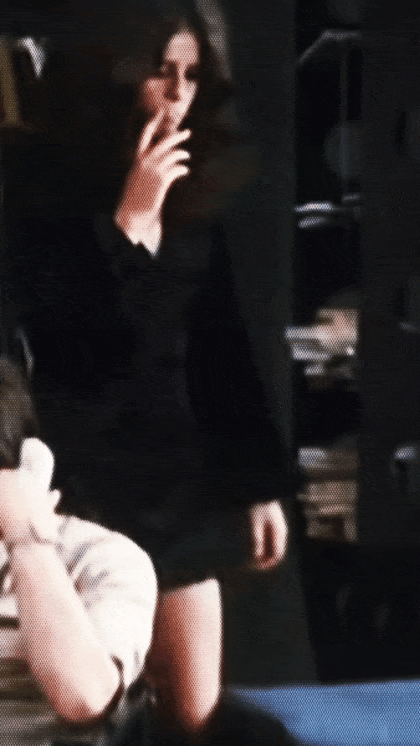
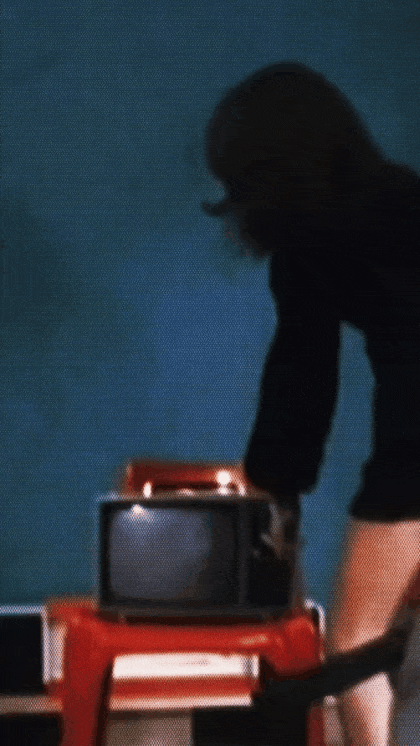
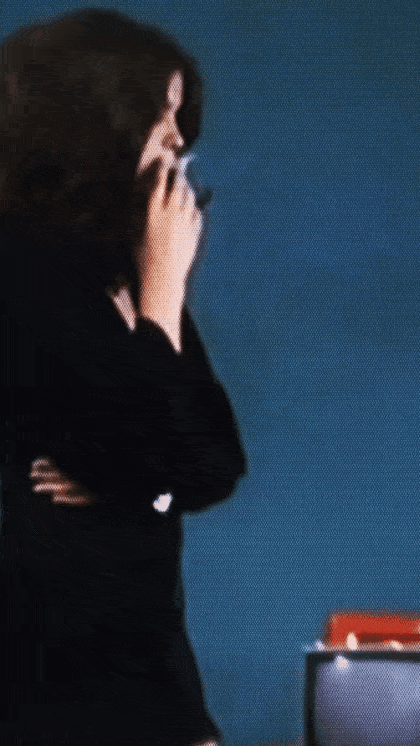
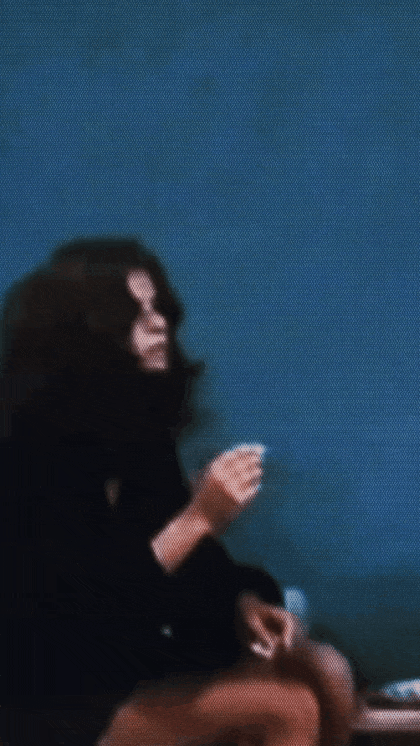
Uschi Obermaier as Peggy in Rote Sonne (1970).
#Uschi Obermaier#Rote Sonne#Red Sun#directed by Rudolf Thome#movie#vintage#70s#60s#sixties#seventies#fashion#make up#smoking#gifs
826 notes
·
View notes
Text



Peggy Lipton, 1970
#peggy lipton#70s#fashion#style#twin peaks#norma jennings#twin peaks fire walk with me#twin peaks the return#the mod squad#alias#angie tribeca#seventies#70’s#70's#1970s#cinema#film#movie#movies#tv
288 notes
·
View notes
Text


Les raisins de la mort, 1978
#Les raisins de la mort#1978#The Grapes of Death#Jean Rollin#70s#Brigitte Lahaie#Brigitte Lahaye#1970s#1970s movie#70s movie#seventies#seventies movie#gif#movie gif#moviegif#movie#horror#horror movie#horror film#spooktober#horroctober#spooky season#halloween#halloween movie#french movie#french film#france#european movie#zombie#🎃
350 notes
·
View notes
Text




Delphine Seyrig as Countess Elizabeth Báthory in Daughters of Darkness | 1971
#delphine seyrig#movie#movies#old movies#70s#1970s#seventies#vintage#retro#20th century#twentieth century
143 notes
·
View notes
Text


Shelley Duvall and Sissy Spacek in, '3 Women,' 1977
#girlblogging#vintage aesthetic#marilyn monroe#lana del rey aesthetic#girlblog#jane birkin#this is a girlblog#lana del rey#vintage fashion#sissy spacek#shelley duvall#1970s history#1970s#1970s fashion#1970s movies#seventies#70s#70s movies#70s fashion#70s style#70s aesthetic#vintage#vintage movies#art#film#film stills#movie stills#photography#vintage hollywood#vintage photos
3K notes
·
View notes
Text


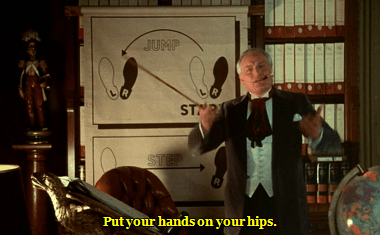
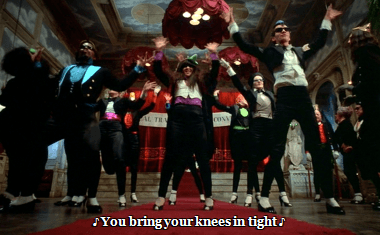
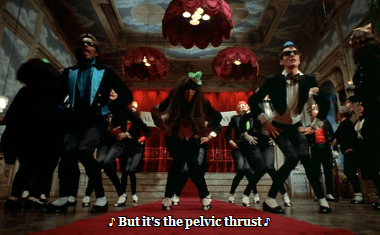

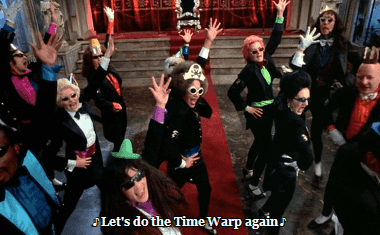
The Rocky Horror Picture Show (1975)
#the rocky horror picture show gif#70s musicals#horror comedy#richard o'brien#time warp#jim sharman#charles gray#cult movies#70s horror#dance number#70s movies#seventies#1975#gif#chronoscaph gif
7K notes
·
View notes
Text
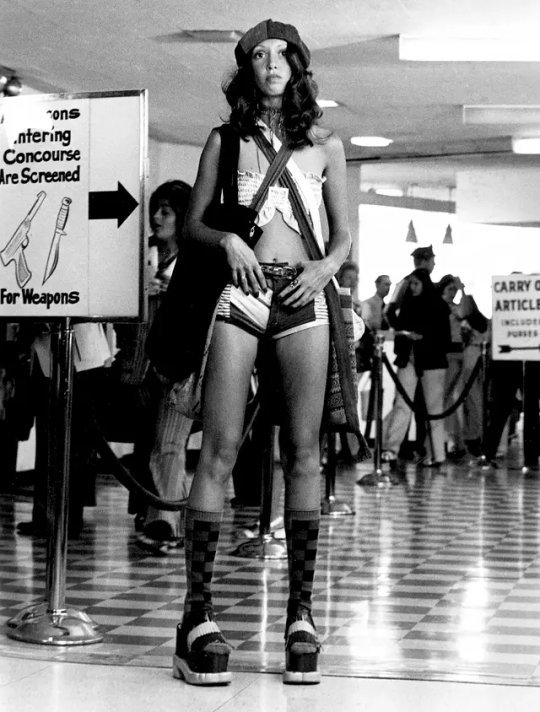

Shelley Duvall as L.A. Joan in Nashville, 1975 ♡ Directed by Robert Altman
#shelley duvall#nashville#1975#1970s#70s#seventies#movies#film#aesthetic#fashion#girlblogging#photography#vintage#vintage photography#retro#vintage fashion#fashion photography#style#vintage coquette#vintage americana#outfit#beauty#actress#celeb#celebrity#rest in peace#70s fashion#70s aesthetic
550 notes
·
View notes
Text

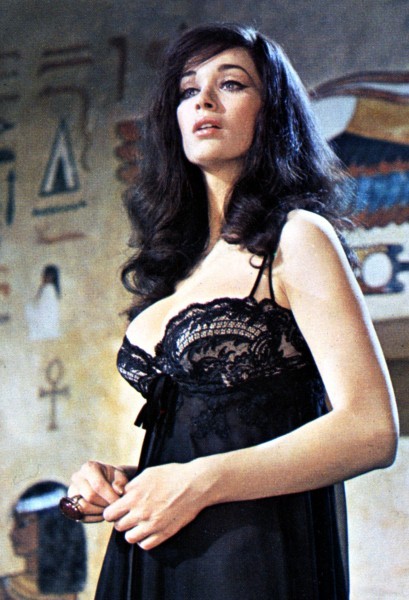
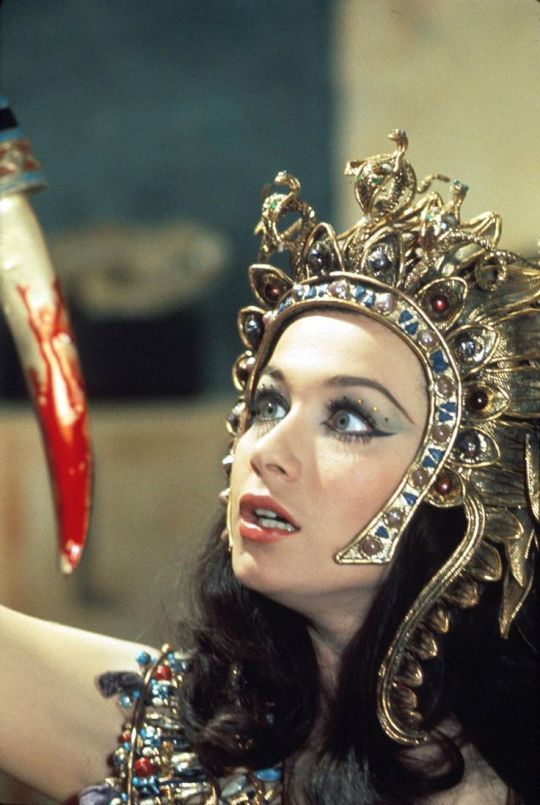
THE ART OF SUPER-SEVENTIES BRITISH HORROR -- THE LADIES OF HAMMER STUDIOS.
PIC(S) INFO: "Little Shoppe of Horrors" presents...Spotlight on back cover art to "Little Shoppe of Horrors" magazine #24, "The Journal of Classic British Horror Films." (published May 2010). Artwork by Bruce Timm.
EXTRA INFO: Back cover art of English actress Valerie Leon as Margaret Fuchs/Queen Tera, from the British horror film "Blood from the Mummy's Tomb" (1971), directed by Seth Holt and loosely based on Bram Stoker's 1903 novel "The Jewel of Seven Stars."
Sources: www.littleshoppeofhorrors.com/LSoH24.htm, Pinterest, & the Black Box Club (blog).
#1971#Blood from the Mummy's Tomb 1971#Vintage Horror#Timmverse#Valerie Leon#Hammer Film Productions#British Films#Hammer Horror#English Actress#Bruce Timm#Classic British Horror Movies#Horror Movies#Horror#Blood From The Mummy's Tomb#70s#Costume Design#Bruce Timm Art#Illustration#Hair and Makeup#Classic British Horror#1970s#Ancient Egyptian#Margaret Fuchs/Queen Tera#Valerie Leon 1971#Queen Tera#70s horror#Super Seventies#British horror
261 notes
·
View notes